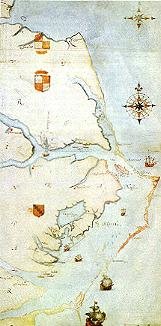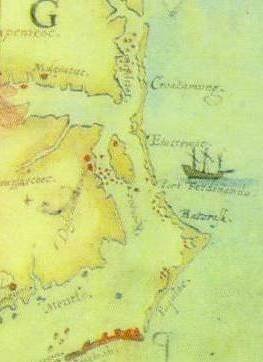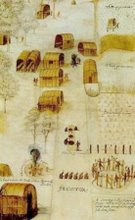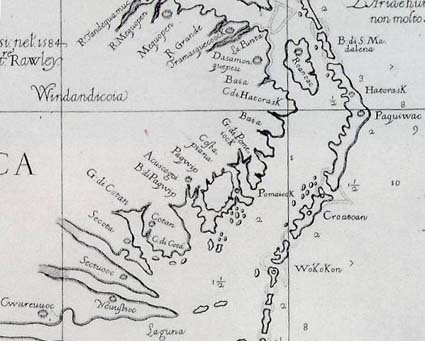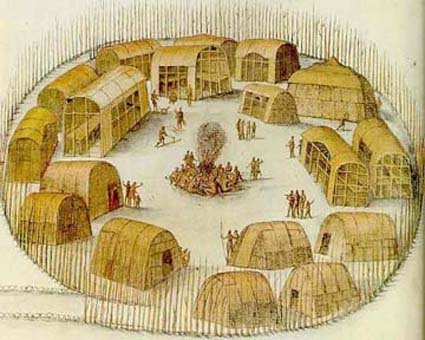| You’ve all heard this phrase. We have a bit of a different twist to this. Ours is washing a dead horse….and yes….literally. You never know what you’re going to find when you’re doing an archaeology dig. We were fortunate enough to discover an old homesite trash pile. I’m not sure at what point in history you stop calling it a midden and start calling it a trash pile. Regardless, this trash pile was from a pioneer homesite and we are calling it a midden. This midden was a literal goldmine producing a wide variety of artifacts as the family who lived there in the 1700s threw things away. All middens contains examples of the local wildlife. In our case, we have found thousands of seashells, bird bones, turtle bones and deer. Many small bones are unidentifiable individually. However, we found a real surprise. We found a horse skeleton. I’ve come to the conclusion that horses are huge animals. I know that seems evident, but cleaning all of these bones demonstrated graphically just how huge those animals actually are. The horse skeleton was in the middle of the trash pile. It had all probably been buried at one time, but it was not what we call “in situ”, meaning that the bones were “as buried”, so the bones likely got shuffled around in the trash pile or midden as other things got added and storms passed through. Remember, the sands here shift. But the horse skeleton is now part of the archaeological record of this homestead, so the pieces came out along with the broken pottery and other items telling the story of this pioneer family. Unlike with humans, this horse has no tombstone, but you know he or she had a name and the family loved their horse. Horses were part of the family, a contributing member, and everyone was sad when the horse passed away. This horse was not relegated to total anonymity however, as he or she is now again living as part of the archaeology of Hatteras Island. |
This blog is © History Chasers
Click here to view all recent Lost Colony Research Group Blog posts





